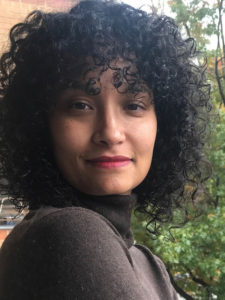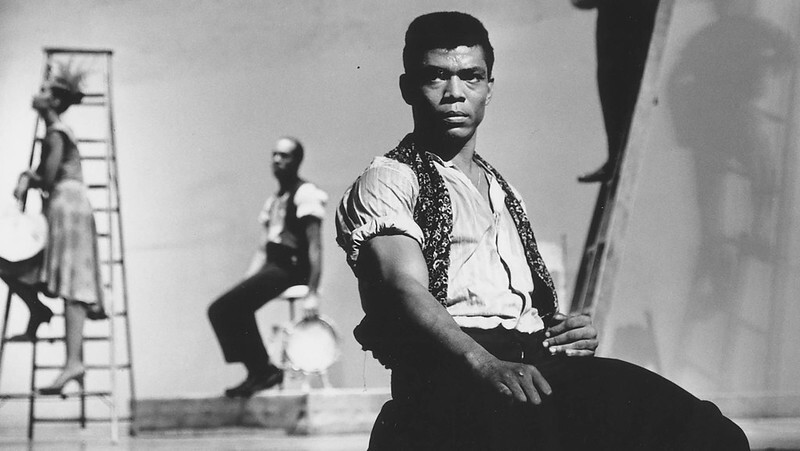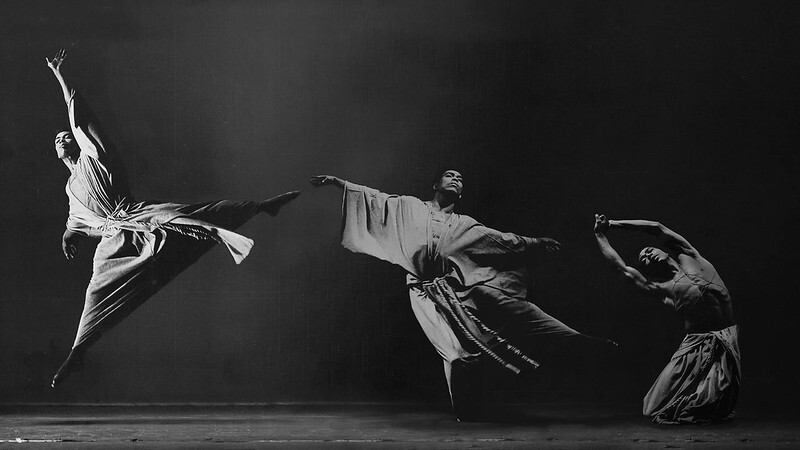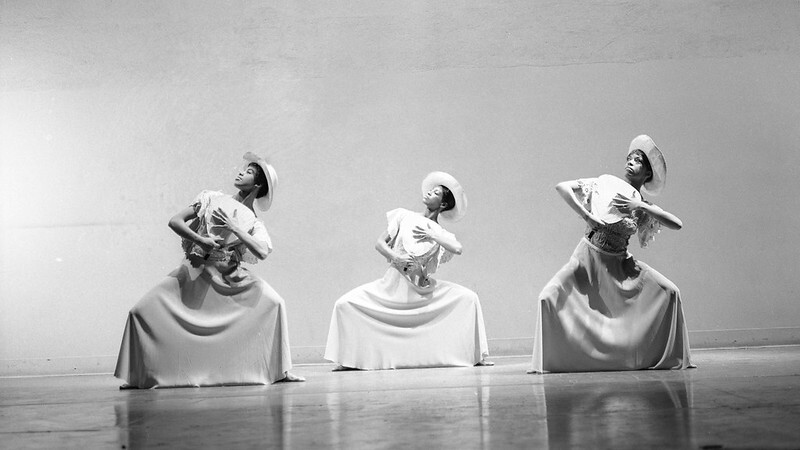
Director Jamila Wignot.
Choreographer Alvin Ailey founded one of the most successful modern dance companies in the world. Ailey was also a Texan. Born in Rogers, in 1931, Ailey moved to California and, eventually, to New York City where he started the Alvin Ailey American Dance Theater. The dance company featured Black dancers and celebrated Black American stories through movement.
Jamila Wignot is the director of a new documentary, simply titled, “Ailey.” Wignot says Ailey “revolutionized modern dance,” but he also used the art form as a kind of protest against the oppressive forces in society that shape Black life.
“While he may have left Texas, Texas never left him. It is the source of his notion of ‘blood memories,’ which is this idea of a kind of ancestral memory and history that’s, that is rooted in his being and his body. And it really was the source of inspiration for so many of his masterworks.”
















